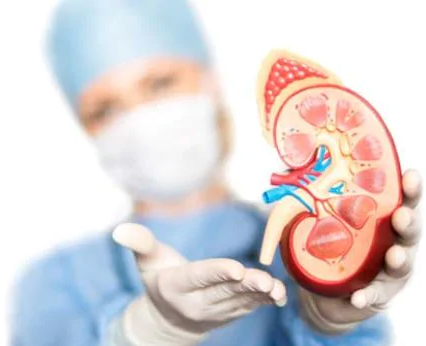
What are kidney stones/ Renal calculi ?
Kidney stones, or renal calculi, are solid masses made of crystals. In our body, Kidneys acts as filter . when such crystals fail to get filtered through kidneys, it lead to formation of stones / calculi.
Kidney stones usually originate in your kidneys. However, they can develop anywhere along your urinary tract, which consists of these parts:
- kidneys
- ureters
- bladder
- urethra
Types of kidney stones:
Not all kidney stones are made up of the same crystals. The different types of kidney stones include:
Calcium: Calcium stones are the most common. They’re often made of calcium oxalate. Eating fewer oxalate-rich foods can reduce your risk of developing this type of stone. High-oxalate foods include:
- potato chips
- peanuts
- chocolate
- beets
- spinach
However, even though some kidney stones are made of calcium, getting enough calcium in your diet can prevent stones from forming.
Uric acid: This type of kidney stone is more common in men than in women. They can occur in people with gout or those going through chemotherapy.
This type of stone develops when urine is too acidic. A diet rich in purines can increase urine’s acidic level. Purine is a colorless substance in animal proteins, such as fish, shellfish, and meats.
Struvite: This type of stone is found mostly in women with urinary tract infections (UTIs). These stones can be large and cause urinary obstruction. They result from a kidney infection. Treating an underlying infection can prevent the development of struvite stones.
Cystine: Cystine stones are rare. They occur in both men and women who have the genetic disorder cystinuria. With this type of stone, cystine — an acid that occurs naturally in the body — leaks from the kidneys into the urine.
Signs and Symptoms of Renal Calculi
The signs and symptoms develop when a kidney stone passes into the ureter. Beneath are some symptoms of kidney stones.
- Pain in the lower abdomen.
- Sweating.
- Brown, Red and Pink Urine.
- Foul smelling urine.
- Cloudy Urine.
- Experiencing pain during urination.
- Vomiting and Nausea.
- Restlessness.
- Severe pain in the ribs.
- Urinary Urgency.
- Discharge of blood in the urine
Prevention and Dietary Measures for Renal Calculi
Prevention measures depend upon the type of stone formation. Rehydration the body with drinking lots of fluid would help people consisting of calcium stones. Some are stated below:
- Moderate intake of calcium.
- Limit consumption of soft drinks and sodium.
- Increase intake of fluid and citric acid.
- Avoid intake of vitamin and minerals in large dosage.
All Diseases
Opening Hours
- Monday To Saturday 11:00 AM - 1:00 PM
6:00 PM - 8:00 PM - Sunday Closed